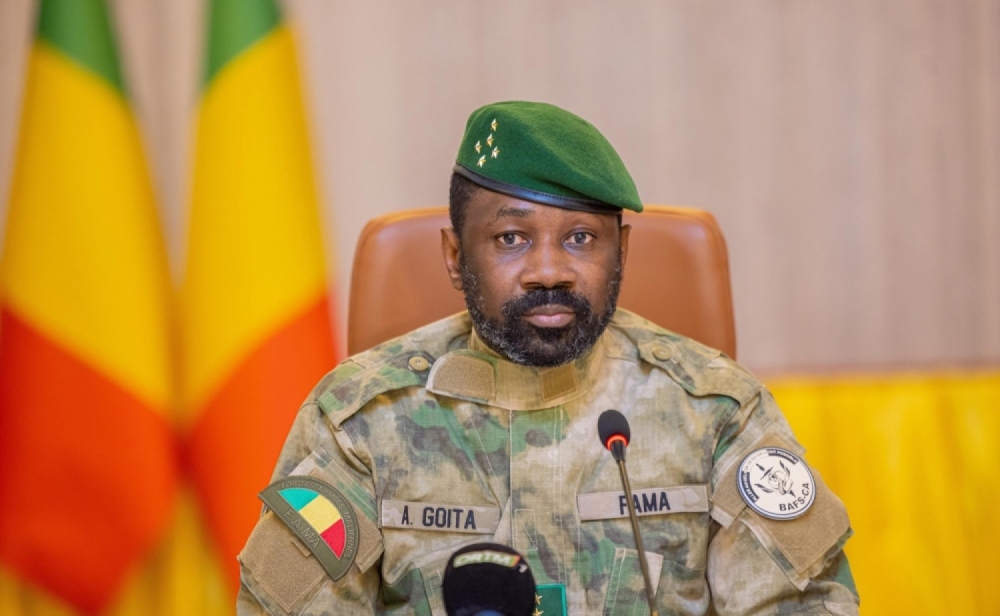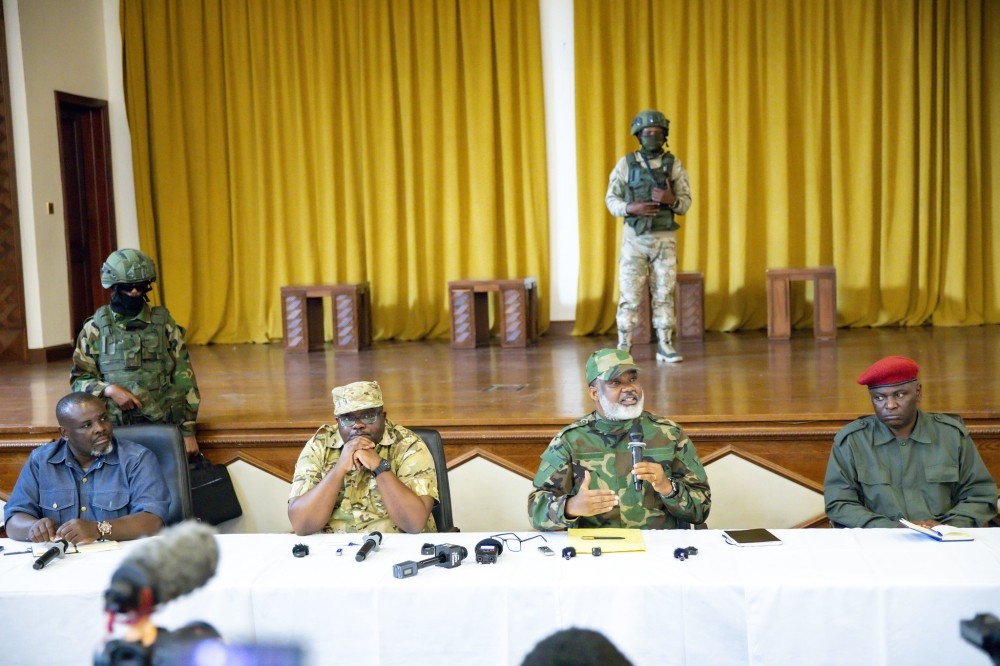I remember once during my post-grad studies, I was talking to fellow students about Rwanda. Now, most Africans, while on the topic of Africa with Europeans or North Americans (especially North Americans), are sometimes faced with a barrage of questions that can test one’s patience.


I remember once during my post-grad studies, I was talking to fellow students about Rwanda. Now, most Africans, while on the topic of Africa with Europeans or North Americans (especially North Americans), are sometimes faced with a barrage of questions that can test one’s patience.From those who think Africa is a country to those who assume that we all romped about with lions or elephants growing up; knowledge of the Continent by our brothers and sisters (in this day and age) in the West can be shockingly ignorant.That is why – as my classmates asked me where I was from – I mentally steeled myself and prayed for massive doses of patience to take me through the conversation.You can imagine my shock when not only did most of them know who all Rwanda’s Presidents have been to date; they knew of Rwanda’s tragic history from the genocide, its underlying causes and its rapid transformation to present day.Please note that this information they gleaned was not a result of being International Relations majors, but simply as a result of generally inquisitive minds.There was one in particular, whose knowledge of Rwanda was stellar. In between my garbled responses to some of her rapid-fire questions, she proceeded to list Rwanda’s transformative national programs, such as Gacaca, Umuganda and even more recent, the Girinka program. She then went on to state her opinions on how some of these programs were excellent and others only guaranteed to bring short-term results. Before I knew it, we were having an incredibly animated conversation, sometimes escalating into semi-arguments, but all in good faith. Jumping from topic to topic, we settled on the topic of ‘aid’, and Rwanda’s stance on the issue. I proceeded to inform her how Rwanda’s dependence on aid has gradually lessened over the years from 86% in 2000 to 45% 2010, with a national desire to completely wean ourselves off it and focus on trade as opposed to aid.It was her quiet statement that followed, which not only cut me short in mid-sentence, but resonated on a bigger level with the socio-economic dynamics between Africa and the West. Spoken quietly, her words were, "it is largely my taxes, my hard work, which continue to help countries like yours.” There is no denying the truth in those words, and it was with a side dish of humble pie that I remembered: ‘aluta continua.’ The struggle will continue not only for Rwanda, but Africa too, to be a group of self-reliant nations.Until we make this discourse a Continental one, and involving as many future leaders as possible with ideation on strategies to towards self-reliance; it is other people’s taxes and generosity that we will continue to depend on. It is undignified, unfair and most of all – unnecessary.It is clear that there are many hurdles to achieve this and it is easier said than done, but what motivates me is the idea that 50 years from now, I simply cannot imagine myself trying to explain to my grandchildren how we are still rocking the same boat we’re in now.




